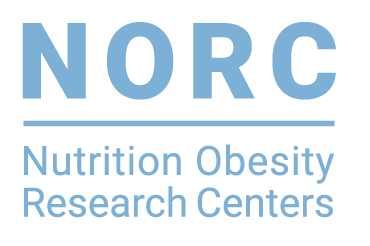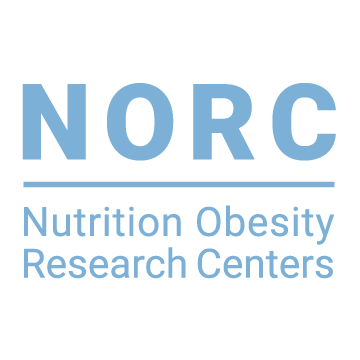Abstract
Enhanced fibroblast growth factor 21 (FGF21) production and circulation has been linked to the metabolic adaptation to starvation. We show that circulating FGF21 levels are increased by dietary protein restriction, but not energy restriction, via a mechanism that includes activation of the eIF2α kinase general control nonderepressible 2 (GCN2). While protein restriction altered food intake, energy expenditure, and body weight gain in wildtype mice, FGF21-deficient animals did not exhibit these changes in response to a LP diet. These data demonstrate that reduced protein intake underlies the increase in circulating FGF21 in response to starvation, and that FGF21 is an endocrine signal of protein restriction that is required for coordinated changes in metabolism and growth during periods of reduced protein intake.
Citation
- Laeger T, Henagan TM, Albarado DC, Redman LM, Bray GA, Noland RC, Münzberg H, Hutson SM, Gettys TW, Schwartz MW, Morrison CD. FGF21 is an endocrine signal of protein restriction. J Clin Invest. 2014, 124:3913-22. PMC4153701; PMCID: PMC4153701.
Read More: The Journal of Clinical Investigation
Research Details
- Research Center: Pennington Biomedical Research Center
- Center Contribution: This study heavily relied on the Animal Models and Phenotyping Core.

